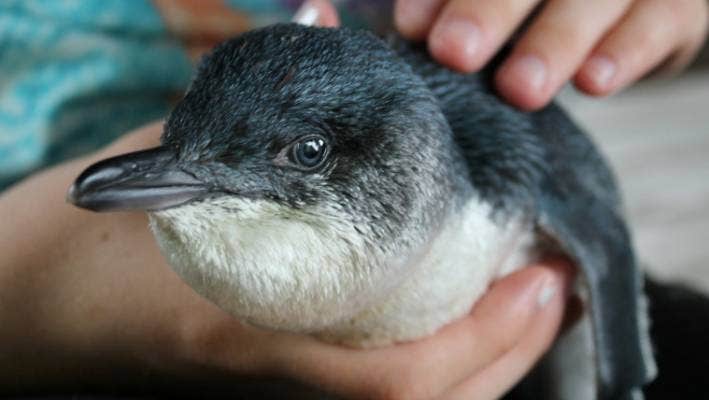Whangarei
17.89°C

Whangarei
17.89°C

Waitakere City
16.98°C

Manukau City
17.11°C

Papakura
24.46°C

Hauraki
17.26°C

Waikato
17.67°C

Matamata
18.46°C

Hamilton
17.51°C

Otorohanga
18.52°C

Rotorua
16.6°C

Taupo
15.44°C

Tauranga
19.27°C

Kawerau
18.6°C

Whakatane
19.64°C

Gisborne
15.51°C

New Plymouth
16.98°C

Stratford
8.97°C

Ruapehu
14°C

Wanganui
17°C

Palmerston North
16.41°C

Wairoa
19.19°C

Hastings
18.84°C

Napier
18.49°C

Masterton
15.49°C

Carterton
15.66°C

Porirua
15.99°C

Lower Hutt
16.45°C

Wellington
15.79°C

Tasman
9.35°C

Nelson
16.27°C

Marlborough
3.22°C

Kaikoura
15.48°C

Christchurch
12.59°C

Ashburton
12.52°C

Timaru
13.37°C

Waitaki
11.32°C

Waimate
13.08°C

Queenstown
12.38°C

Dunedin
14.33°C

Southland
9.98°C

Gore
11.31°C

Invercargill
12.06°C

Blenheim
14.73°C

Te Anau
27.35°C

Wanaka
11.17°C

Kaikoura
13.38°C

Stratford
13.54°C

Upper Hutt
15.9°C

About
The award-winning Whangarei Native Bird Recovery Centre Incorporated has cared for and treated thousands of birds since 1st August 1992, when it was first established.
Centre founders Robert and Robyn Webb, who have over 30 years’ experience working with native birds, manage and run the centre with the help of a small committee of volunteers.
The centre takes in all injured birds, both native and non-native, and where possible nurses the birds back to health for release into the wild. More than 60% of the birds that are brought into the centre are successfully released again.
A special part of the centre is the Bayer incubation unit and kiwi recovery pens. This facility is used to incubate eggs found in the wild and also as a recovery area for injured kiwi.
In the Whangarei area, dogs are the biggest cause of kiwi deaths and injuries, followed by motor vehicles. Many of these injured kiwi end up at the Whangarei Native Bird Recovery Centre.
The centre’s diverse operations include:
